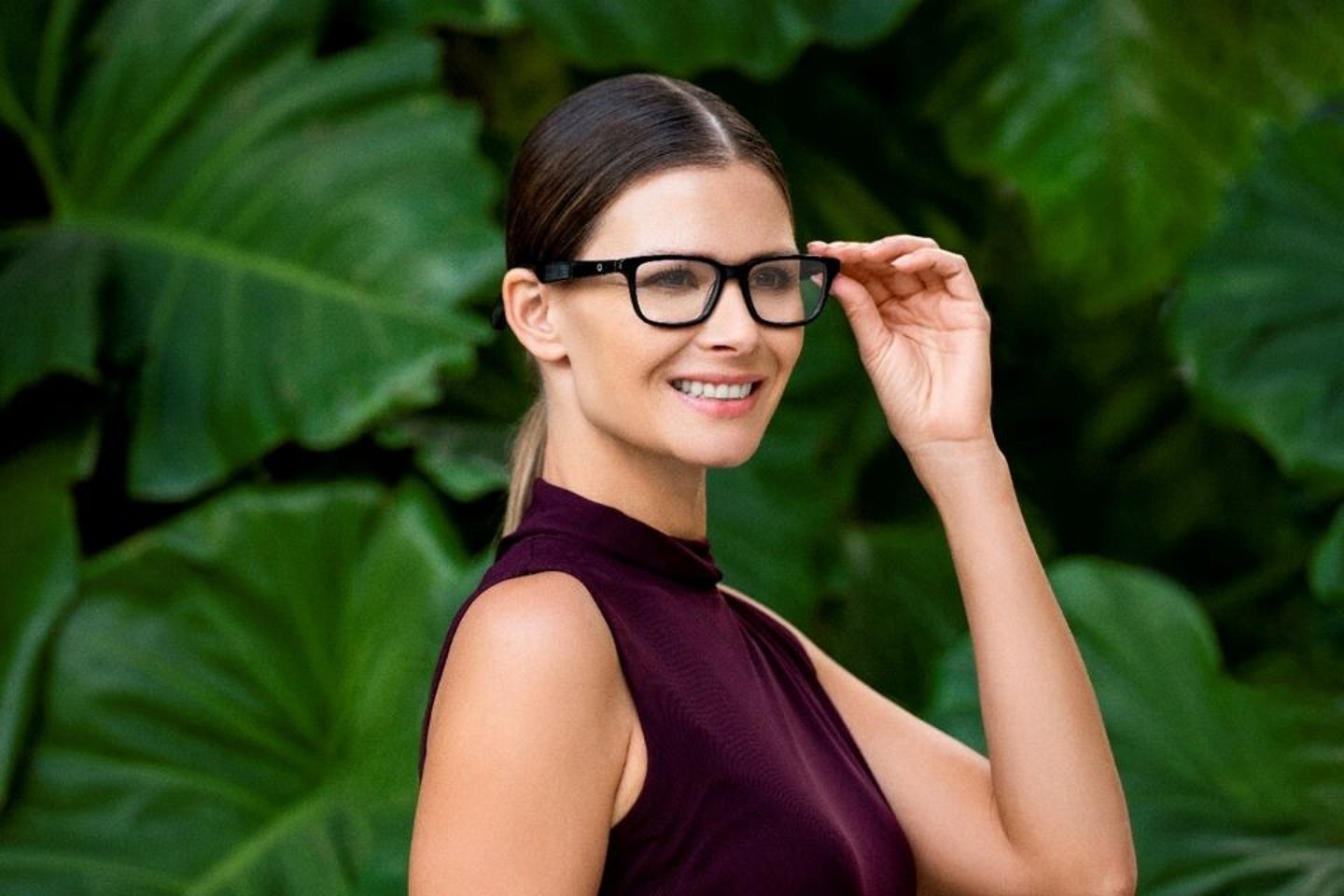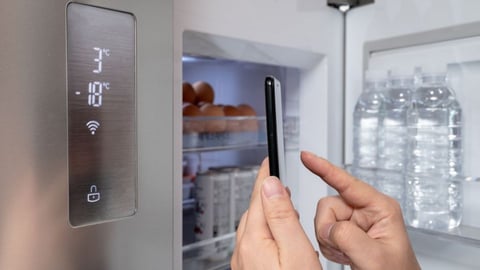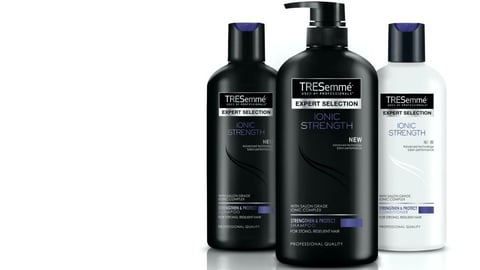ChatGPT Infiltrates Product Development: Innovative Eyewear Launches AI-Powered Glasses
ChatGPT is seemingly everywhere, all at once. This is no different in the consumer goods space, which is seeing rapid growth across several categories, including product innovation.
The latest development comes from Innovative Eyewear, which develops eyeglasses under the Lucyd, Nautica, and Eddie Bauer banners. The company has launched a voice-activated ChatGPT eyewear line.
Powered by the company’s new patent-pending proprietary Lucyd app, consumers can ask questions to ChatGPT (using Siri or Google Voice) by using microphones built into the glasses, with responses coming back through stereo speakers. The app is able to integrate with various listening devices, including Airpods.
The smart glasses can be used to listen to music, take and make calls, and tap into voice assistant tech. With the ChatGPT functionality, consumers can leverage AI-powered capabilities.
"From translating languages to looking up recipes and asking questions about pop culture, consumers can verbally ask questions to ChatGPT through microphones seamlessly built into Lucyd glasses," said Harrison Gross, CEO of Innovative Eyewear, in a statement.
By connecting to ChatGPT, added Gross, consumers can access “a wealth of detailed research on just about any subject, making it one of the most powerful mobile learning systems available."
Sound Familiar? Escaping Google Glass’ Fate
Google looked to make an early entrance in the space of smart wearable tech by launching Google Glass in 2013. The product relied on a similar premise: giving consumers access to hands-free information. However, the company has since backed away from the product and its several upgrade iterations.
In fact, the company’s website states: “Thank you for over a decade of innovation and partnership. As of March 15, 2023, we will no longer sell Glass Enterprise Edition. We will continue supporting Glass Enterprise Edition until September 15, 2023.”
Perhaps with the emergence of generative AI and its rapid growth, smart wearable tech that relies on artificial intelligence is more likely to succeed this time around. Its expanding presence in the wearable tech space could be an indicator that perhaps the market is ready to accept them.
This March, for example, a new app called "watchGPT" emerged, allowing users to add ChatGPT functionality to their Apple Watch. Amazfit smartwatches also announced ChatGPT on the GTR/GTS 3/4, GTS Mini, and GTR Mini.
CGT recently dug into the potential ChatGPT has on the industry, finding that the biggest opportunities reside in three business areas: merchandising, content creation, and consumer engagement.
According to Subroto Mukherjee — Microsoft’s strategy lead for cross industry solutions, metaverse, Web 3.0, NFT, AI, OpenAI, ChatGPT, gaming, and commerce — ChatGPT and other generative AI models can “generate novel, diverse, and personalized copy content, audio, video, and images at speed and scale; saving time and cost for audiences in different languages spread across other geographical boundaries.”





